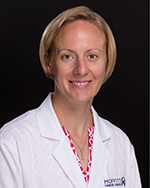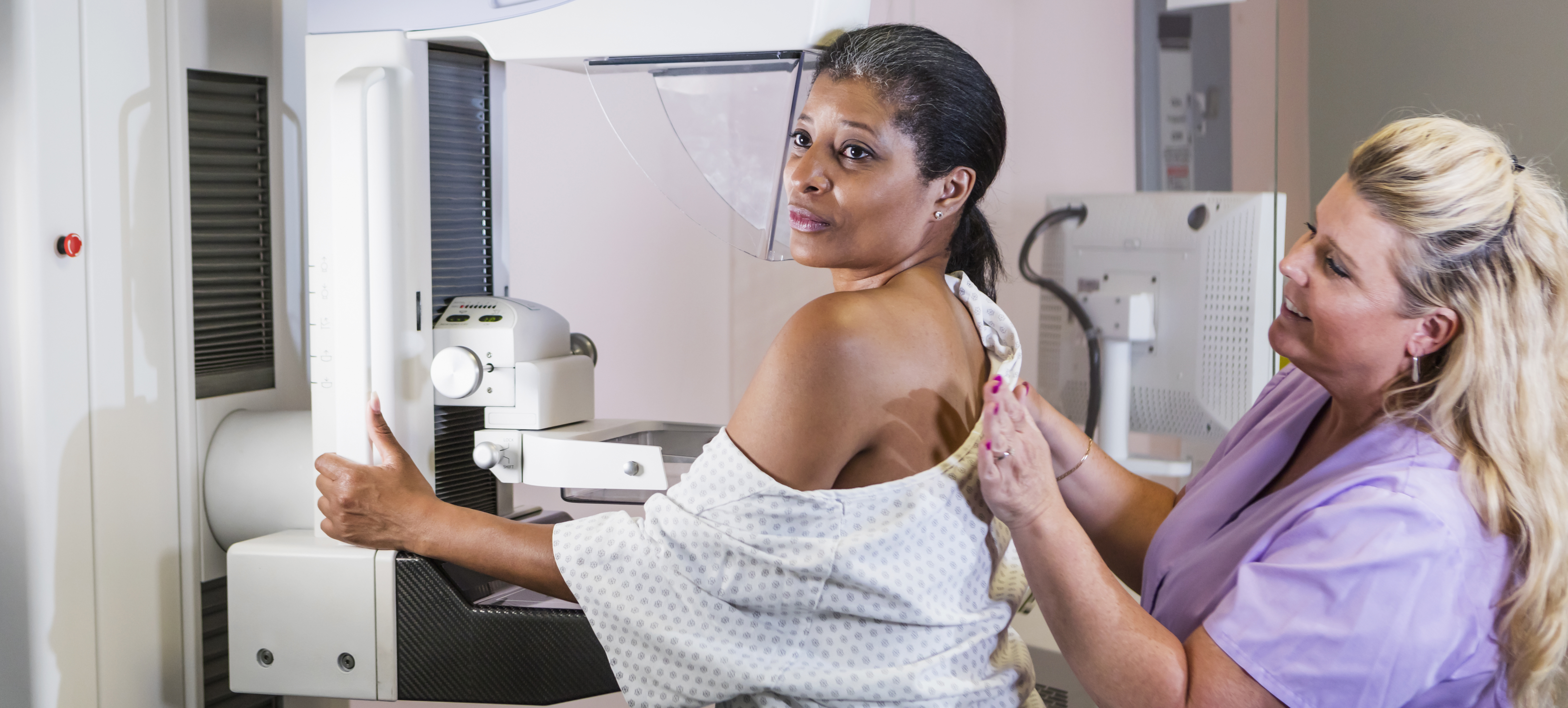Women, Begin Your Annual Breast Screenings at Age 40
It’s important for every woman to know when to be screened for breast cancer. However, there is a lot of conflicting information out there, making it difficult to know what is best.
According to Moffitt Cancer Center physicians, women with an average risk of breast cancer should begin screening at age 40, undergoing a mammogram on both breasts annually. That’s younger than the beginning screening age recommended by the U.S Preventive Services Task Force (USPSTF).
Dr. Bethany Niell, section chief of Breast Imaging at Moffitt, says it can be confusing but there is evidence behind the cancer center’s decision to screen women at an earlier age.
“The National Comprehensive Cancer Network (NCCN) and American College of Radiology continue to recommend annual screening beginning at age 40 because multiple randomized controlled trials have demonstrated that screening mammograms decrease breast cancer deaths,” said Niell.
About 1 in 11 breast cancers in the U.S. are diagnosed in women under the age of 45 and nearly 1 in 6 breast cancers are found in women between ages 40-49. Niell says figures like those are why Moffitt recommends women receive a screening mammogram every year beginning at 40.
Different medical organizations have different recommendations for screening mammography due to disagreements regarding how to balance the benefits and risks.

“To my knowledge, every medical organization agrees that screening mammograms save lives,” Niell said. “That is not what we are debating.”
Getting a screening mammogram every year instead of every other year can result in earlier detection when cancers are smaller, Niell added. Smaller cancers are less likely to have spread to the lymph nodes or other parts of the body. So, more frequent screening can help reduce the number of breast cancer deaths.
“Each patient should decide how to balance the benefits and risks of screening mammograms, so talk with your doctor about what is right for you,” Niell said.
Niell suggests women discuss their breast cancer risk factors with their doctor before the age of 30. “Women with an increased risk of developing breast cancer may need to begin screening as early as age 25,” she said. “Some high risk women may benefit from screening with mammography and breast MRI every year.”
It’s important to remember, however, that regardless of age, if a woman feels a new lump, she should talk with her doctor. New lumps, including those in younger women, often require further evaluation with an ultrasound or mammogram.
Approximately 1 in 8 women will develop breast cancer during her lifetime. When it is found early, the prognosis is usually good with appropriate treatment. One of the first lines of defense in the fight against breast cancer is a screening mammogram.



